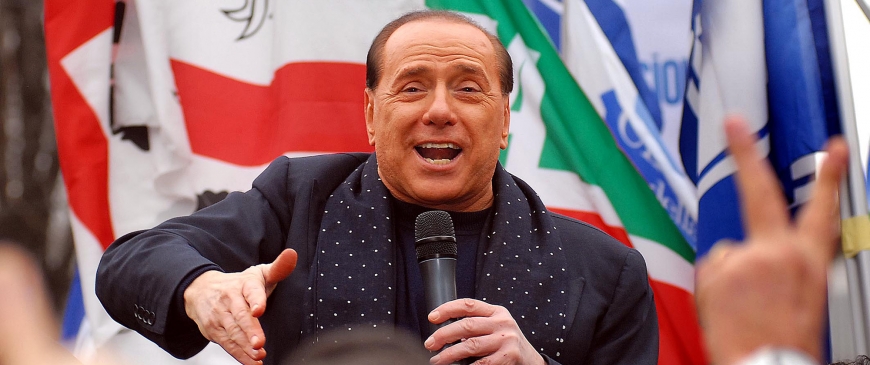Polls suggest the centre-Right will gain the most seats, but probably not enough to form a government on its own. If that’s the case, coalition talks will begin, and pre-electoral alliances would fragment. The likeliest result would be a "centrist" coalition of the Democratic Party and Forza Italia, with a couple of smaller parties. The other, less likely option is a coalition of the Five Star Movement and the Northern League. Coalition building is the norm in Italian politics, but if the coalition negotiations are too protracted, bond markets may be spooked.
Regardless of the election outcome, the next Italian government is likely to be less pro-EU than its predecessors. All parties are critical of the EU’s handling of the eurozone and the migration crisis. A centre-Left government or a centrist coalition would broadly continue the policies of the current government. It would seek to relax the EU’s fiscal constraints, be supportive of efforts to reform the eurozone, and sign up to migration reform and further defence cooperation if it sees these as benefiting Italy.
The policies and the prime minister of a centre-right government would depend on how strongly Forza Italia and the Northern League perform. It is unlikely to pursue a radically different path, but it would be more confrontational towards the EU. Rome would be less sympathetic towards initiatives seen as increasing European integration for its own sake, more strident in asking for greater emphasis on growth in the Eurozone, and insist the EU does more to help Italy deal with migration.
A centre-Right government is also likely to be friendlier towards Russia, although it’s unlikely it would try to remove EU sanctions. And it would be unlikely to be able to substantially cut taxes: even if it ignores EU fiscal rules, the markets’ reaction will make Italy’s large public debt more expensive to service, forcing the government to raise more revenue.
However, while a centre-Right government would not lead to major shifts in Italy’s approach to the big issues, it would be seen as unstable due to policy differences between Forza Italia and the League, and is likely to be less trusted by European partners. Paris and Berlin would not trust Rome to clean up Italy’s banks, a necessary precondition for serious Eurozone reform.
A government led by the Five Star Movement, perhaps in coalition with the Northern League, remains the least likely outcome: it is doubtful the two parties could work together even if they gain enough seats to form a government. Even if Italy’s election delivers a shock on March 4, the consequences would be limited for the EU. Neither the Five Star nor the League calls for an outright withdrawal from the bloc, and both have softened their opposition to the euro.
While Italy might push for easing sanctions on Russia and strike high-profile business deals with Moscow, the country’s foreign policy is unlikely to shift substantially. But there would be friction with the EU as the Five Star adjusted to power, and the EU would trust such a government even less than a centre-right one, making reform in many areas difficult.
The real challenges for Italy and the EU lie in the medium term. Any Italian government that eventually emerges will probably be too weak to make long overdue reforms to the economy to put it in better shape to weather the next downturn. Meanwhile, as jobs remain scarce and migration flows high, there is a risk that Italians become even more bitter with Brussels.
If the EU does not focus on growth and come up with better ways to manage migration, Euroscepticism will become increasingly embedded in Italy.
Luigi Scazzieri is a research fellow at the Centre for European Reform

